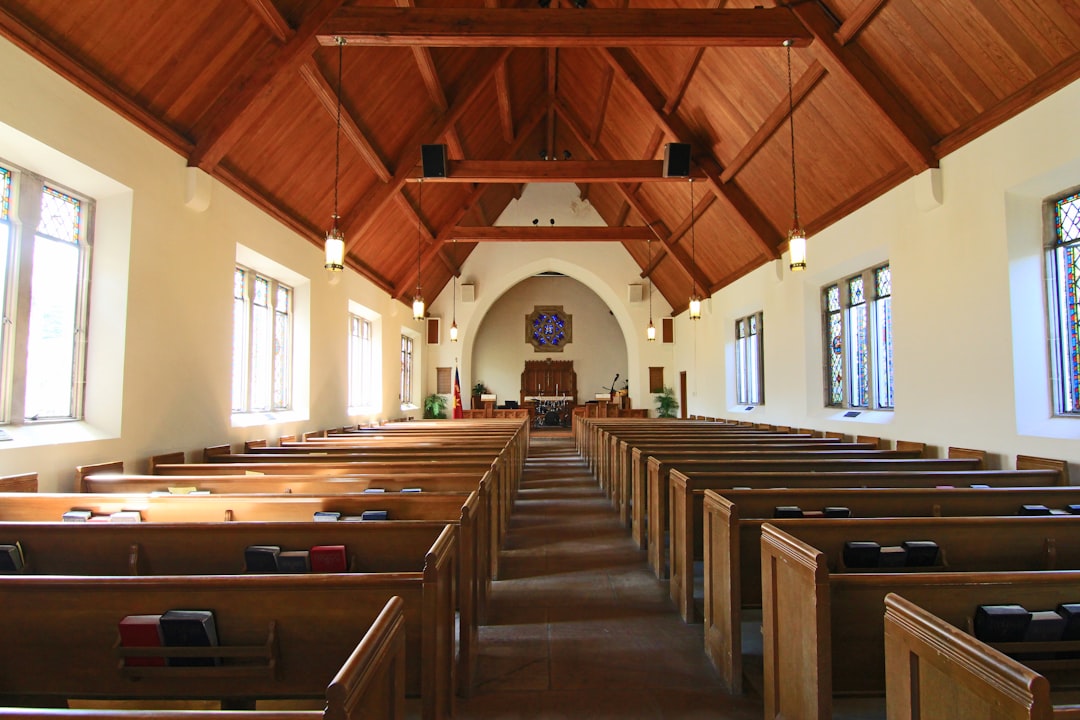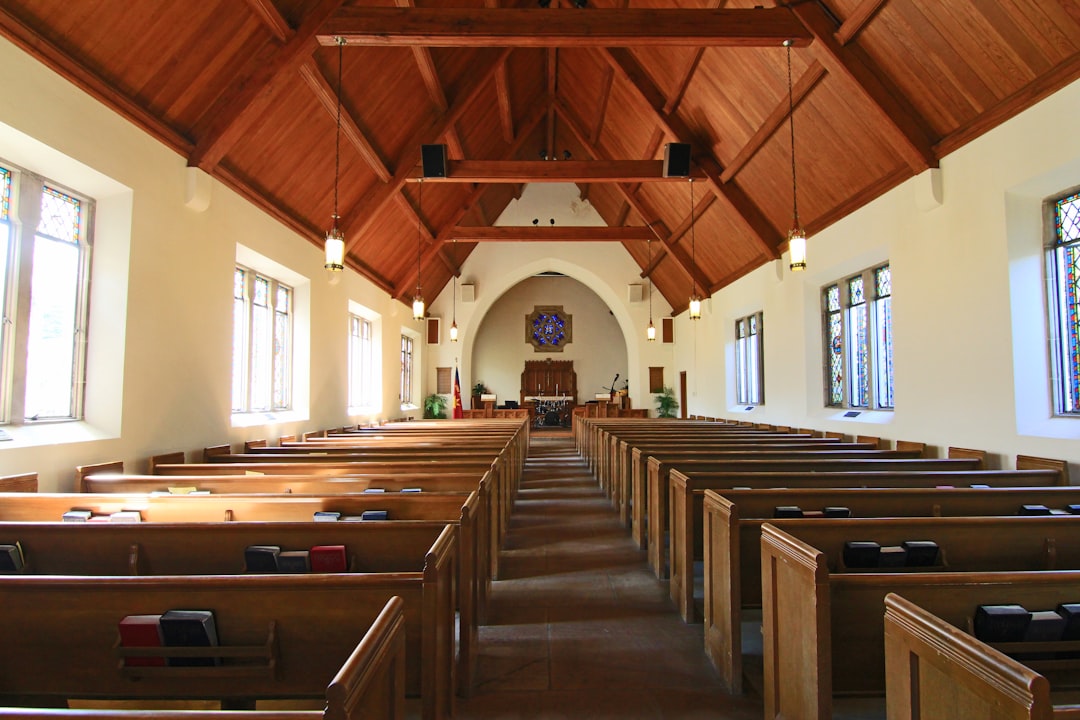In Missouri, clergy abuse law firms play a vital role in navigating complex legal issues surrounding institutional liability for historical and ongoing cases. By understanding state laws and church-state relationships, these firms help establish precedents that balance accountability with religious freedom. They leverage expertise to represent victims, gather evidence, and secure positive outcomes while refining guidelines for institution responsibility.
In Missouri, the issue of clergy abuse has garnered significant attention, prompting a closer look at institutional liability. This article offers invaluable insights for both law firms and individuals navigating complex legal landscapes surrounding clergy abuse cases. We explore Missouri’s unique legal framework, providing a comprehensive guide to help law firms strategize and effectively represent clients. By understanding institutional liability, Missouri residents can hold institutions accountable and seek justice for past abuses.
Understanding Clergy Abuse: Missouri's Legal Landscape

In Missouri, clergy abuse is a serious issue that has garnered significant legal attention. The state’s legal landscape regarding this matter is shaped by a combination of state laws and religious institutions’ internal policies. Missouri’s clergy abuse cases often involve complex issues of institutional liability, where victims seek justice for historical and ongoing instances of abuse within religious organizations.
Legal experts and clergy abuse law firms in Missouri have been instrumental in navigating these intricate cases. The state’s courts have grappled with defining the scope of a religious institution’s liability when it comes to protecting its members from abusive behavior by clergy. With evolving legal precedents, Missouri is gradually establishing clearer guidelines for holding institutions accountable while respecting religious freedom.
Institutional Liability: A Comprehensive Guide for Law Firms

In the context of clergy abuse in Missouri, understanding institutional liability is paramount for both victims seeking justice and law firms navigating complex legal landscapes. This comprehensive guide aims to equip Missouri-based law firms with a deep understanding of institutional liability as it pertains to clergy abuse cases. By delving into the intricate web of legal responsibilities, law firms can effectively represent clients, ensure proper accountability, and foster healing for survivors.
Institutional liability in Missouri involves examining the role and duties of religious institutions, including their potential obligations to prevent, address, and report clergy abuse. Law firms must be adept at interpreting relevant state laws and church-state relationships to build robust cases. This guide provides a strategic framework, highlighting key considerations such as policy implementation, employee training, and reporting mechanisms, which can strengthen legal arguments and contribute to positive outcomes for clients affected by clergy abuse within Missouri’s religious institutions.
Navigating Claims: Strategies for Effective Representation

When representing clients in clergy abuse cases, especially within the context of institutional liability in Missouri, a strategic approach is paramount. These claims often involve complex legal and factual issues, requiring a meticulous understanding of state laws and previous case precedents. Missouri’s statutes regarding institutional liability provide a framework for holding organizations accountable for the actions of their employees, particularly when it comes to protecting vulnerable populations like children and adults in care.
Effective representation involves gathering comprehensive evidence, including documentation of abusive practices, witness testimonies, and expert opinions. Law firms specializing in clergy abuse cases in Missouri understand the significance of preserving the chain of custody for any physical evidence and ensuring that digital records are thoroughly examined. This meticulous process is crucial for building a robust case and achieving just compensation for victims.






